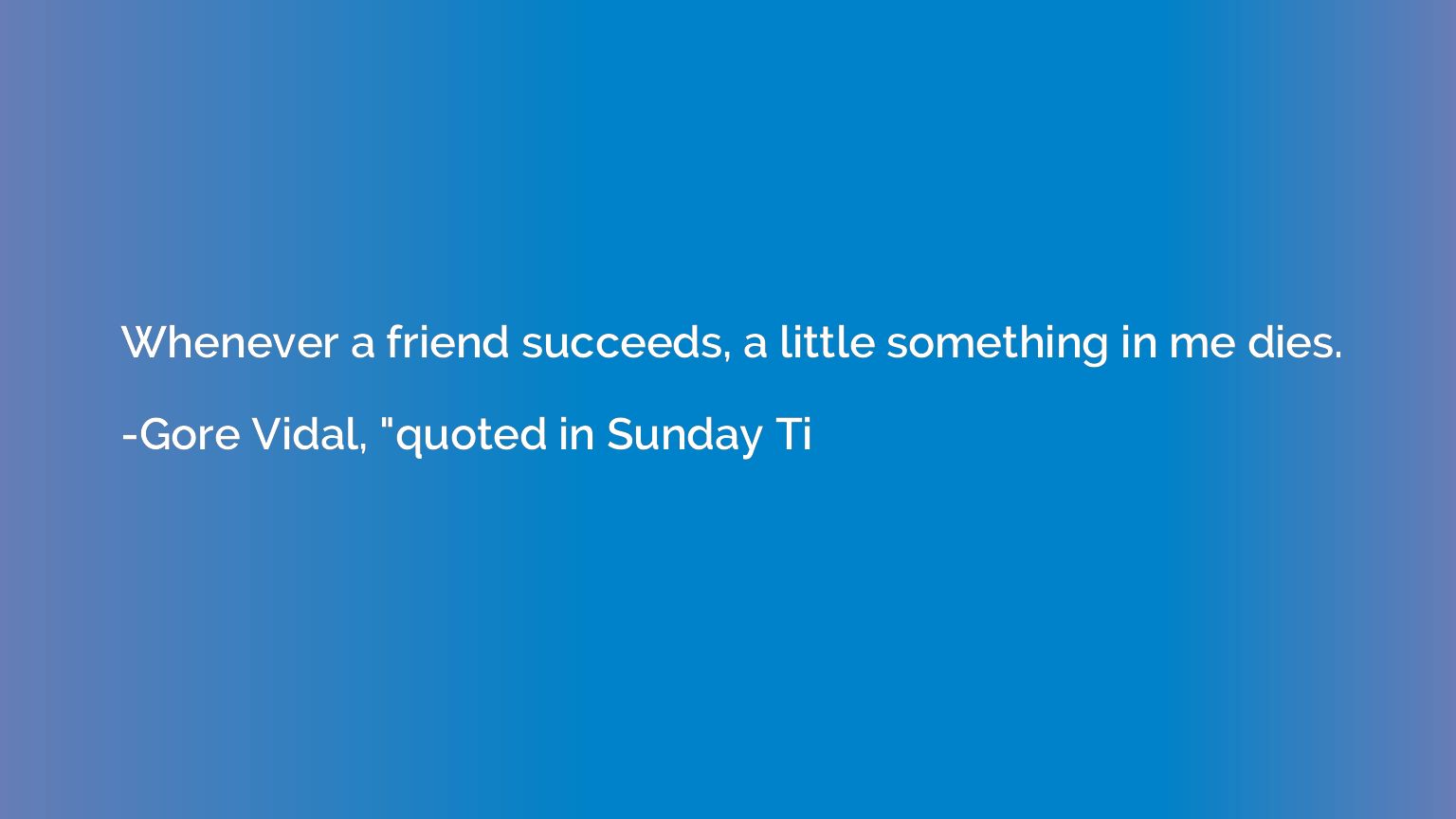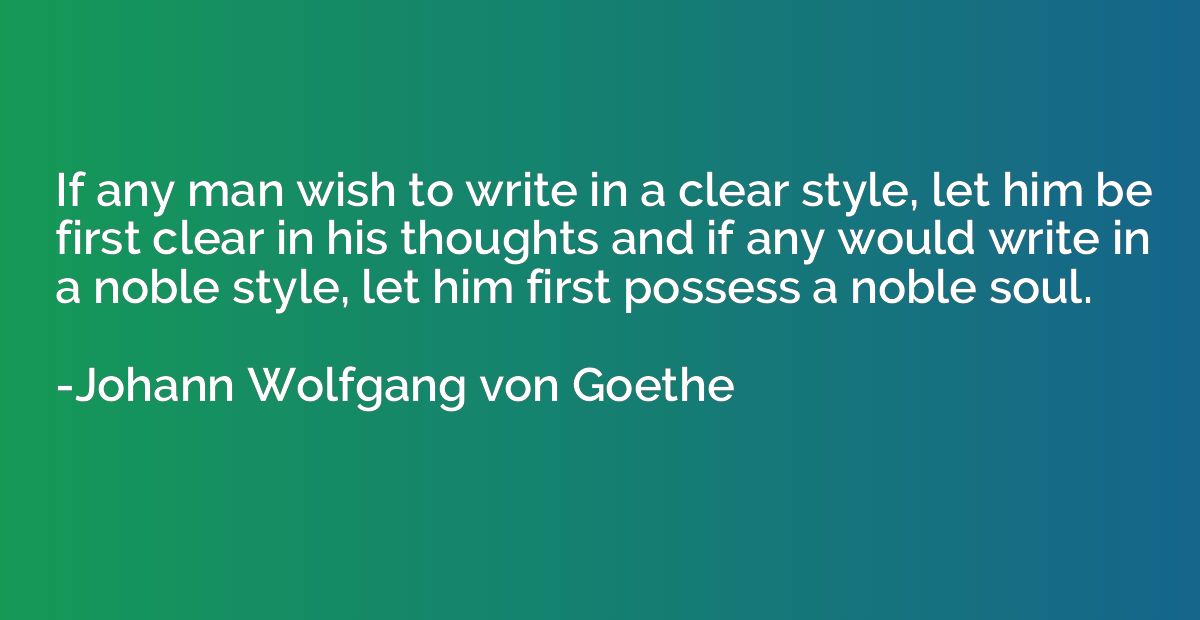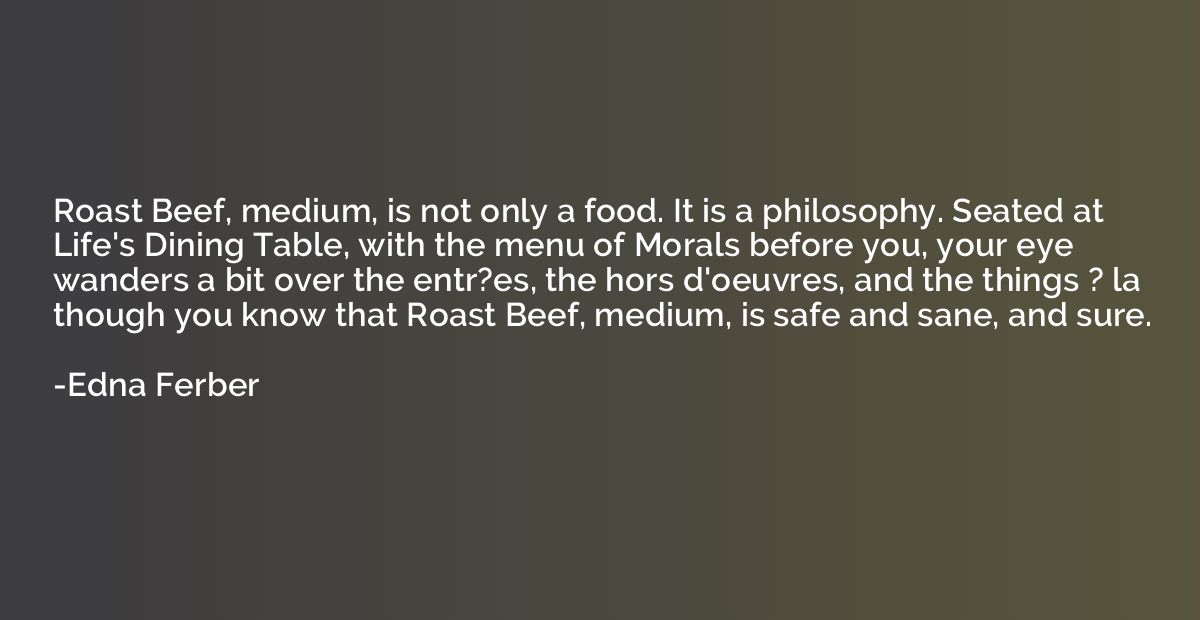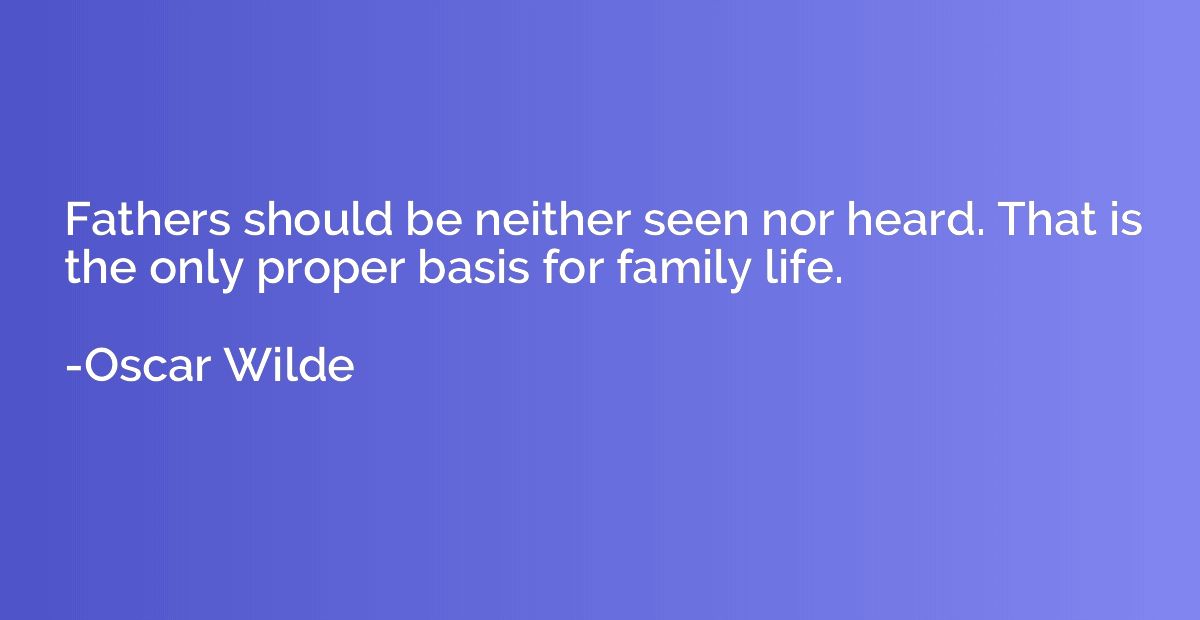Quote by Gore Vidal, "quoted in Sunday Ti
Whenever a friend succeeds, a little something in me dies.

Summary
This quote, often attributed to Gore Vidal, highlights the complex feeling of envy and jealousy that can arise when a friend achieves success. It suggests that instead of celebrating their friend's accomplishments, the speaker feels a sense of loss or diminished self-worth. The quote resonates with the idea of competitiveness within relationships and the personal insecurities that can emerge when comparing oneself to others. It serves as a reminder of the internal struggles one may face when confronted with the success of those closest to them.














